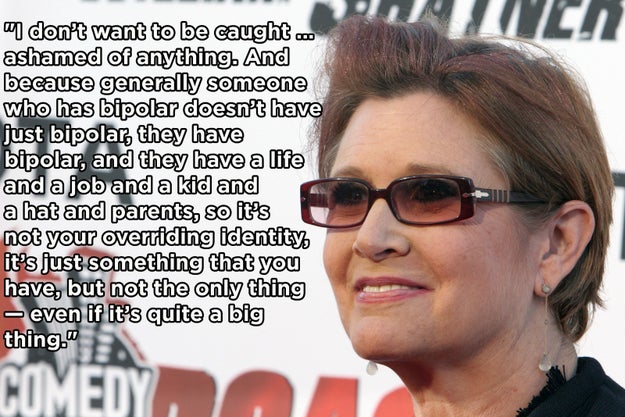10. On not being defined by your mental illness:

Rene Macura / ASSOCIATED PRESS / Via bphope.com
This was my favorite of the 13 things. If you'd like to read them all on Buzzfeed, go Here.
Dinah, ClinkShrink, & Roy produce Shrink Rap: a blog by Psychiatrists for Psychiatrists, interested bystanders are also welcome. A place to talk; no one has to listen.

The book was a page-turner because of elegant structure and pacing. I really cared about the author’s take on things –because she is a psychiatrist? because I’ve followed her blog for a while?– which meant that I was interested in the protagonist’s thoughts, feelings and actions. At times I ached for the mess her life was in, at others I wanted to shake her into action, and then she’d find her backbone again, just in the nick.
I like to read all sorts of books, but books where there's something in it that reflects a part of me, a part of my life, a part of my experiences, are something I go out of my way to find. I have not found any fiction book that does nearly as much to show what psychotherapy is like.